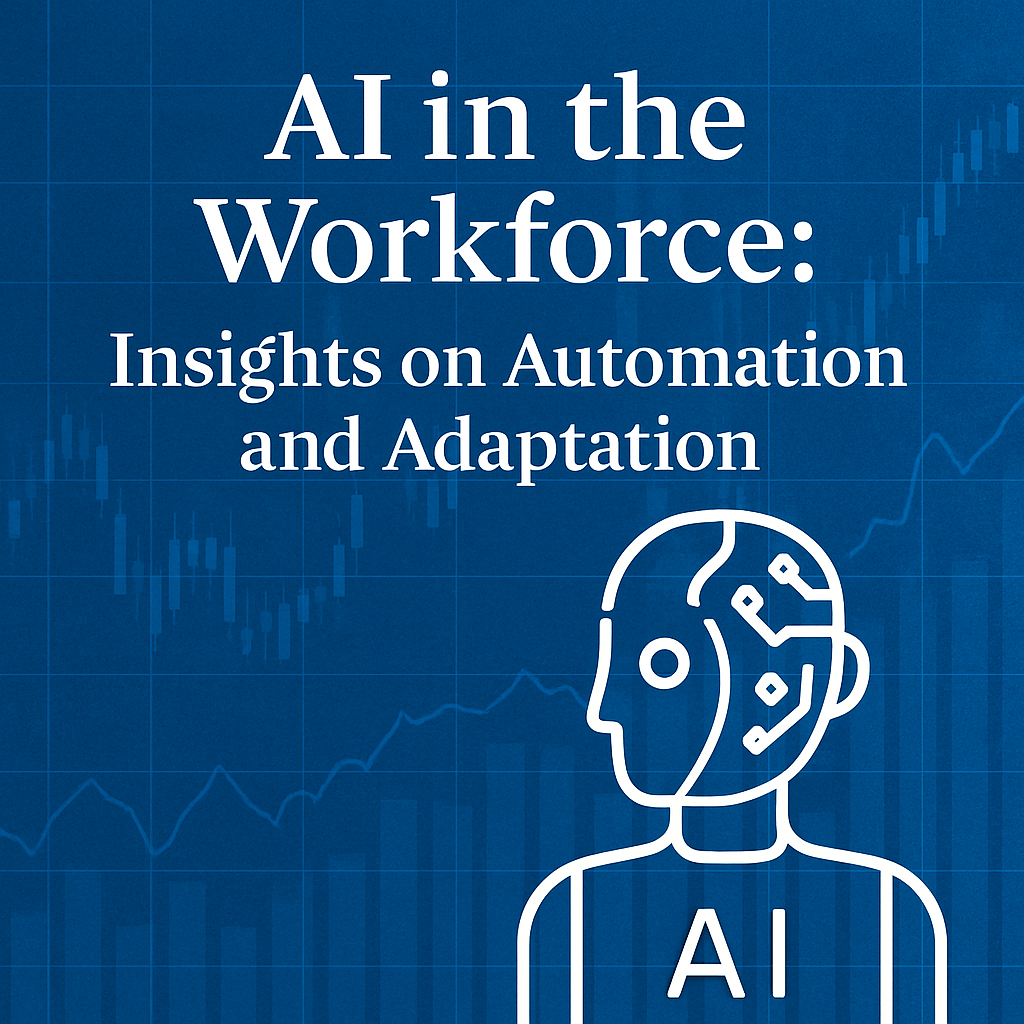AI in the Workforce: Insights on Automation and Adaptation

Billionaire OpenAI CEO Sam Altman recently highlighted the accelerating capabilities of artificial intelligence, suggesting that AI is now equipped to undertake many tasks traditionally performed by entry-level employees. His statement reflects a broader trend in the tech industry where AI is increasingly being viewed not just as an innovative tool, but as a fundamental element of the modern workforce.
The Evolving Landscape of AI Employment
During a panel discussion with Snowflake CEO Sridhar Ramaswamy, Altman indicated that AI agents—sophisticated systems powered by artificial intelligence that can efficiently perform job-related tasks—are already mimicking the work output of junior-level staff. “Today AI is like an intern that can work for a couple of hours, but at some point, it’ll be like an experienced software engineer that can work for a couple of days,” Altman stated.
As the technological landscape enhances continuously, these AI agents are expected to evolve rapidly. Altman anticipates dramatic improvements in the months ahead, forecasting that AI will soon be capable of resolving complex business problems and generating novel insights, much like a seasoned professional.
Impact on Workforce Dynamics
This potential for automation in the workforce raises critical questions about job security for humans. Altman, echoing sentiments shared by industry leaders, suggested that those who do not adopt AI might face obsolescence in the job market. Jensen Huang, CEO of Nvidia, previously warned, “You’re not going to lose your job to an AI, but you’re going to lose your job to someone who uses AI.” This reflects a paradigm shift in employment expectations, where the ability to utilize AI tools becomes paramount for career advancement.
- Generative AI is advancing in tasks such as conducting research, drafting presentations, and performing data analysis, thus outpacing the traditional contributions of entry-level workers.
- As AI capabilities expand, junior roles could face substantial transformation, shifting from human-driven processes to AI-assisted workforces.
- To remain relevant, workers are encouraged to view AI as a complement to their skills rather than a replacement.
Generational Shift: Gen Z’s Embrace of AI
Interestingly, members of Generation Z appear more adaptive to this new reality. A recent survey by Resume.org found that approximately 51% of Gen Z respondents perceive generative AI as colleagues or friends, a sentiment significantly higher than those expressed by older generations: just over 40% of millennials and merely 35% of Gen X and baby boomers share the same perspective.
Altman elaborated on this trend by stating that generational differences play a crucial role in the perception of AI. While older individuals often utilize AI platforms like ChatGPT mainly as search engines, younger users frequently engage with AI as a life advisor or a primary operating system for daily decision-making. This generational shift suggests a broader acceptance of AI’s role in augmenting human judgment and productivity.
Concerns from Experts on Job Displacement
Not all tech leaders are optimistic about the future. Dario Amodei, CEO of Anthropic, warned that AI could drastically impact the job market, potentially eliminating up to half of all entry-level white-collar jobs in the next five years. Such a significant change could elevate unemployment rates from the current 4% to between 10% and 20%. Amodei’s insights emphasize the urgent need for employees to reskill and adapt to an increasingly automated environment.
Adding to the urgency, the latest iteration of Anthropic’s generative AI model, Claude, has demonstrated capabilities to autonomously code for nearly seven hours. This advancement underscores a rapid evolution in AI’s skill set, making a compelling case for why workers in entry-level positions should be proactive in acquiring familiarity with AI tools.
Conclusion: Navigating the Future of Work
The implications of AI’s increasing prowess in the job market are profound, signaling a shift in how we conceptualize work and collaboration between humans and machines. As we move towards a future where AI becomes an integral part of the workforce, both businesses and employees will need to adapt to remain competitive in this new landscape. Continuous education, reskilling, and a willingness to embrace AI as an ally will define success in the coming years.
About the Author: Preston Fore is a reporter at Fortune, focusing on education and personal finance within the Success team.
Source: fortune